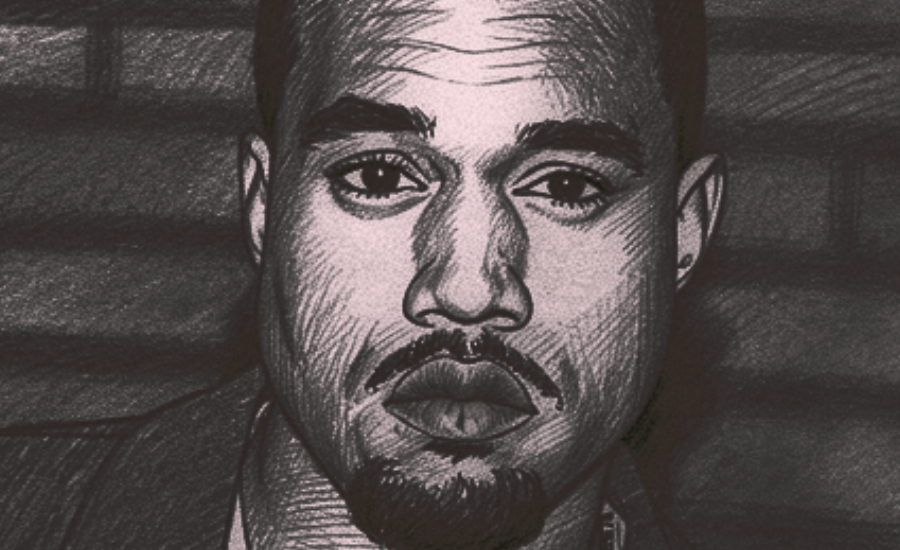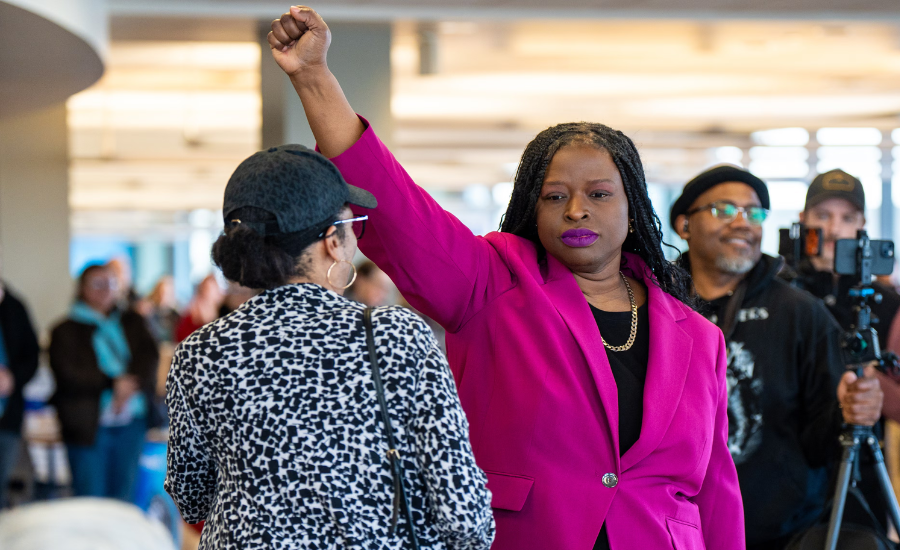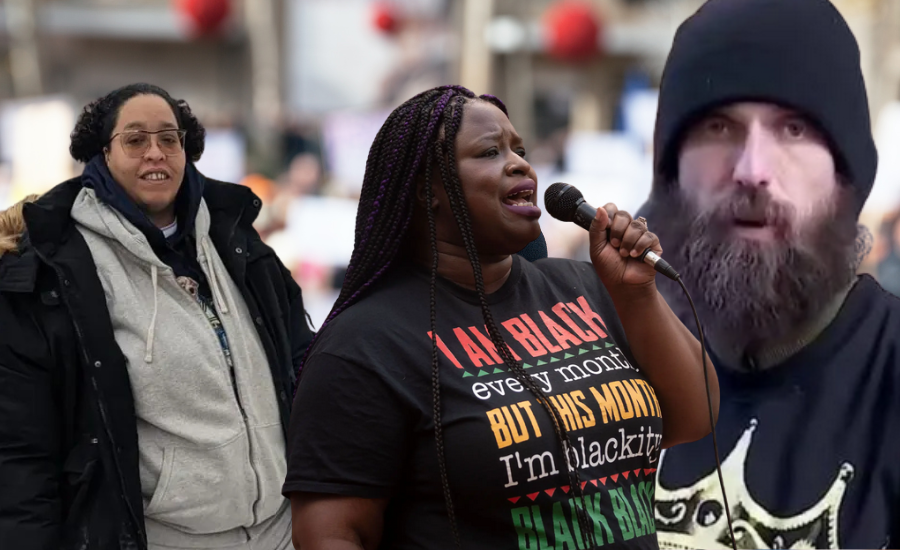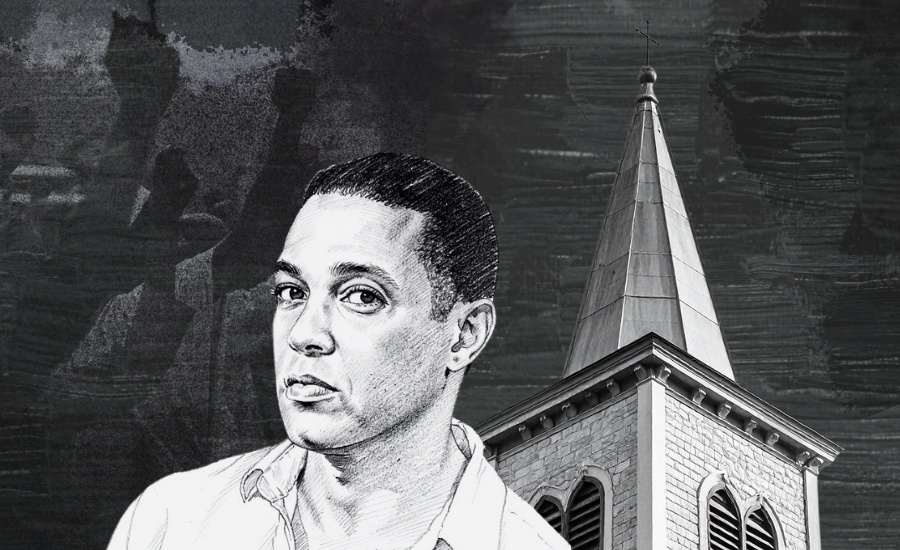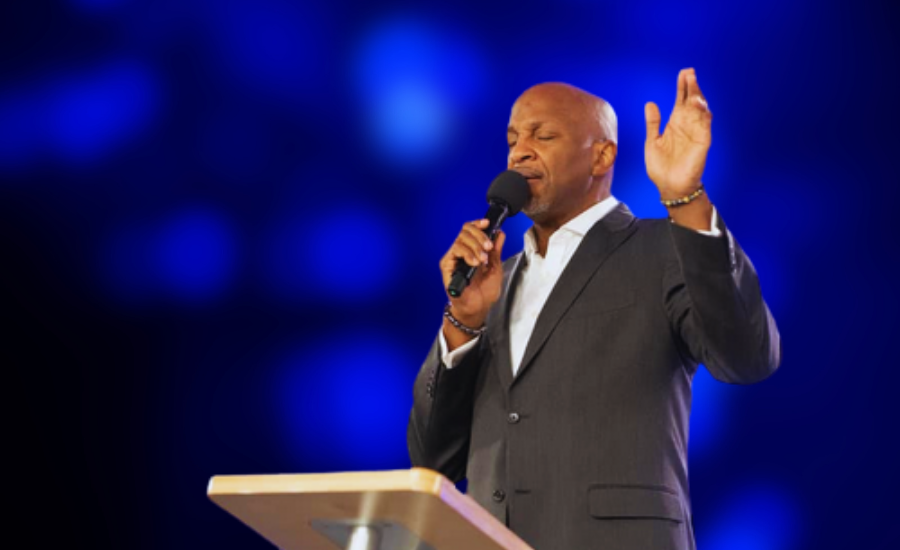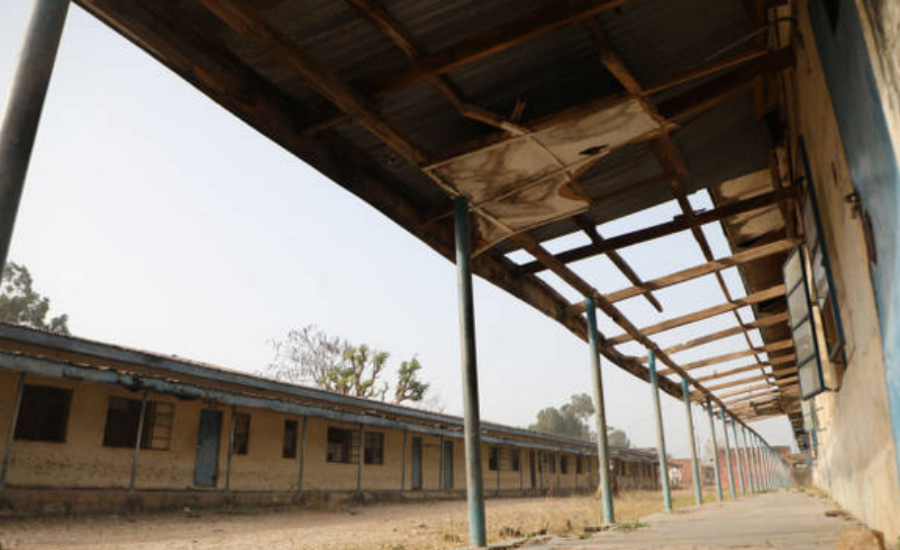U.S. education ignores, distorts Black History: Why that matters
Article By Tina Aldridge // EEW Magazine Online // Black History
Traditional education is built upon a foundation of White supremacy, and that needs to change if we are to end systemic racism and be honest about the unfair treatment and atrocities Black people have suffered throughout America’s history.
A new NBC report digs deeper into what the U.S. education system lacks in relation to the omission of historical facts about Black History and how that has a negative impact on students – particularly Black students.
Courtesy of the Chicago History Museum via NPR
“There’s a long legacy of institutional racism that is barely covered in the mainstream corporate curriculum,” Jesse Hagopian, an ethnic studies teacher in Seattle and co-editor of the book “Teaching for Black Lives,” told NBC.
“It’s really astounding how little the contributions of Black people are included in much of the mainstream curriculum and how much of that institutional racism is disguised,” he said.
Many children in the American school system do not learn about major Black historical events like the Tulsa Race Massacre or even Juneteenth which is the June 19 commemoration of the end of slavery in the United States. Plenty of social studies textbooks are still in circulation that whitewash and sanitize America’s ugly history of racism.
Photograph of damage from the Tulsa Race Riot, Tulsa, Oklahoma, June 1921. (Credit: Oklahoma Historical Society/Getty Images)
NBC notes that one fourth grade textbook used in Connecticut said slaves were treated just like “family.” A Texas geography textbook called enslaved Africans “workers,” and all the way up until the 1970’s in Alabama, fourth graders were taught from a textbook called "Know Alabama" that claimed slave life on a plantation was "one of the happiest ways of life."
It’s unthinkable that such lies and gross distortions of history are yet being taught in schools against the backdrop of police murders of unarmed black men and the proliferation of the Black Lives Matter movement.
Educators and historians stress that what has and has not been taught in school and the inaccurate characterizations of slavery have contributed to the erasure of the history of systemic racism in America and the contributions of Black people and other minority groups.
“The curriculum was never designed to be anything other than White supremacist," Julian Hayter, a historian and an associate professor at the University of Richmond in Virginia, said, "and it has been very difficult to convince people that other versions of history are not only worth telling. They’re absolutely essential for us as a country to move closer to something that might reflect reconciliation but even more importantly, the truth."
LaGarrett King, an associate professor of social studies education at the University of Missouri, said, “Really the overarching theme is, ‘Yes, we made mistakes, but we overcame because we are the United States of America.’”
King, also the founding director of the Carter Center for K-12 Black History Education at the university, added, “What that has done is it has erased tons of history that would combat that progressive narrative.”
The oppression of Black people, Latino people, indigenous people, Asian people and other minority groups in the U.S. is for the most part ignored, or the details are changed, omitted or softened to fit the desired narratives.
Here are a few things children are not learning:
In 1921 in Oklahoma, Whites looted and destroyed Tulsa's Greenwood District, known for its affluent Black community. Historians believe that as many as 300 Black people were killed.
In May 1985, Philadelphia police dropped a bomb onto the compound of MOVE, a Black liberation group, killing six members, five of their children and destroying 65 homes in the neighborhood.
Red Summer, marked by a period of time through 1919, is when White mobs incited a wave of anti-Black violence in dozens of cities.
“In many ways we wouldn’t have a Black Lives Matter movement if Black lives mattered in the classroom,” said King.
A new Associated Press report points out that there is no national curriculum or set of standards for teaching Black History in America. Only a small number of states, including Arkansas, Florida, Illinois, Mississippi and New York, have laws requiring that it be taught in public schools. States set their own standards, and history survey courses often touch on slavery, Reconstruction, the rise of Jim Crow laws and the civil rights movement.




